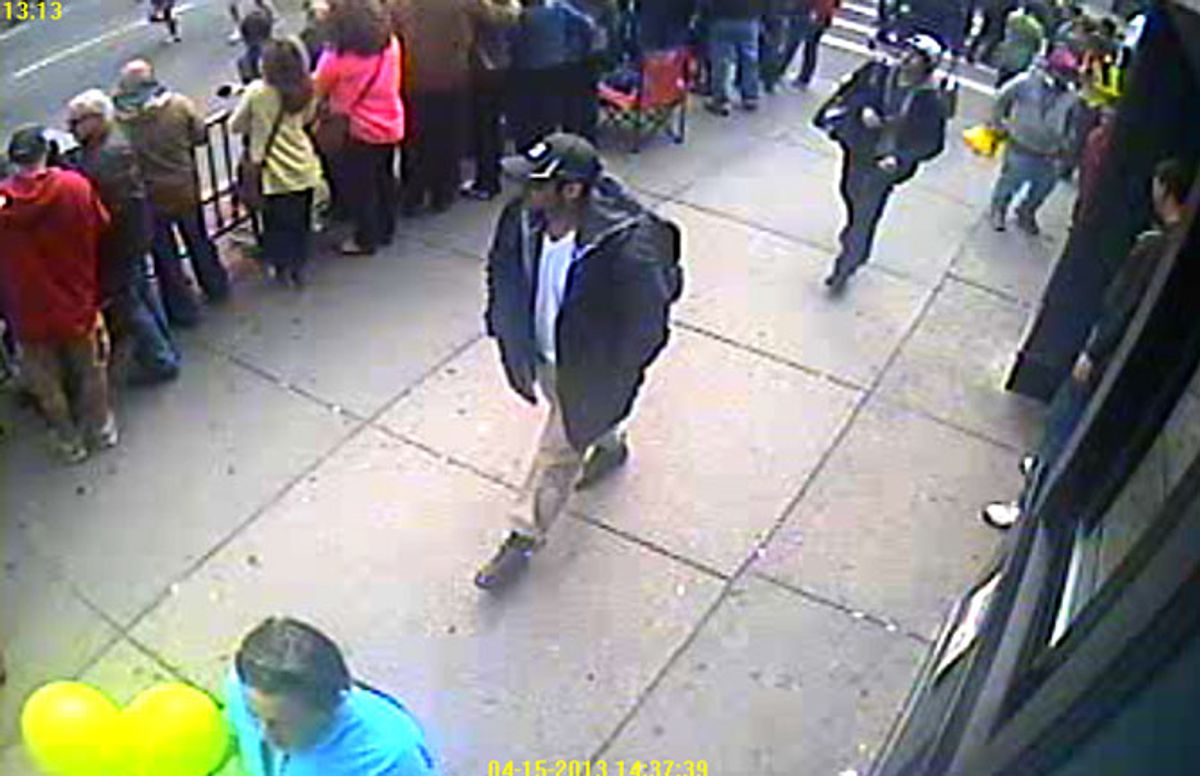As was revealed during Thursday's congressional hearing on the Boston marathon bombings, the FBI never passed on to the Boston police the 2011 warning issued from Russia about the elder Tsarnaev brother, Tamerlan. As the New York Times reported:
Police Commissioner Edward Davis said that though some of his officers worked with the F.B.I. on a joint terrorism task force, they did not know about the Russian tip or the bureau’s subsequent inquiry, which involved an interview with Mr. Tsarnaev and his parents.
Had his department learned about the Russian tip, “we would certainly look at the individual,” Commissioner Davis told the House Homeland Security Committee.
What's particularly noteworthy about the FBI's failure to pass on what may have been lifesaving information here is that, at the time in 2011, intensive sharing between federal agents, local police forces and private sector security went on daily. It was, however, as FOIA-ed government documents revealed, often aimed at Occupy activists. As noted here, documents obtained by the Partnership for Civil Justice Fund illustrated the energy put into high-level coordination between federal agencies, local police departments, fusion centers and hired corporate security firms in surveying, policing and ultimately cracking down on Occupy encampments and days of action. "As a number of outlets have noted, PCJF’s findings also show how the authorities had long framed Occupy as a potential terrorist or criminal threat," I wrote.
Now, with 20/20 hindsight, it's of course easy to berate the authorities for misplaced attention and missing the real threat in our midst. But that sort of historicism helps no one. It is worth noting, however, that a mass federal, local surveillance operation with an ideologically prefigured idea of "terrorism" led to the chilling of peaceful protest and dissent -- and scant extra security from horrors like the Boston bombings.



Shares